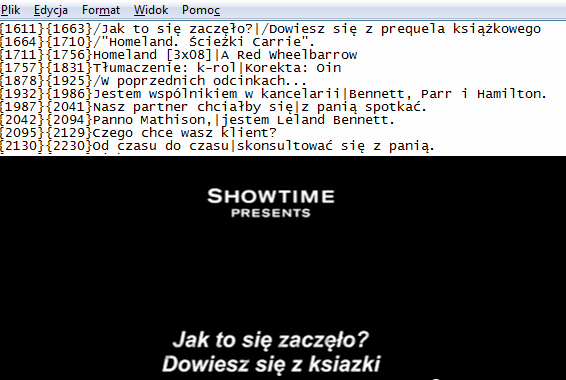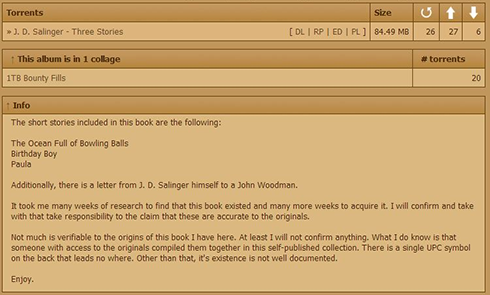Court Orders Google, Microsoft & Yahoo to Make Pirate Sites Disappear
vendredi 29 novembre 2013 à 12:09 Last week turned out to be yet another hectic seven days for the copyright enforcement obligations of Google. The search engine received requests to de-list 6.51 million allegedly infringing URLs, yet another new record in a piracy battle that seemingly has no end.
Last week turned out to be yet another hectic seven days for the copyright enforcement obligations of Google. The search engine received requests to de-list 6.51 million allegedly infringing URLs, yet another new record in a piracy battle that seemingly has no end.
If the entertainment companies had their way, however, things would be handled differently. The general line coming out of the MPAA, RIAA and their UK-based counterparts BPI, is that by now Google knows which domains are infringing copyright. On this basis action should be taken to render their indexes harder to find. Or better still, have them de-listed from search engines altogether, the rightsholders say.
While Google has shown zero interest in the latter proposal, over in Europe a case underway since 2011 has now concluded, with a thought-provoking outcome for the entertainment industries.
The case dates back to December 2011 when L’Association des Producteurs de Cinéma (APC), a group which in itself represents more than 120 companies including Paramount and Sony, teamed up with La Fédération Nationale des Distributeurs de Films (FNDF) and Syndicat de l’Edition Vidéo Numérique (SEVN). Adding to the already formidable lineup, the groups were later joined by the Union of Film Producers (UPF) and the Union of Independent Producers (SPI).
The film and TV companies’ complaint, rooted in Article 336-2 of the Intellectual Property code, targeted 16 domains connected to the popular Allostreaming, Fifostream and DPstream video portals. The aim was to force the world’s largest search engines – Google, Bing and Yahoo – to completely delist the sites from their search results and to have local ISPs block them.
After previously obtaining emergency interim measures, yesterday the studios received good news from the High Court of Paris.
The court ruled that the film industry had clearly demonstrated that the sites in question are “dedicated or virtually dedicated to the distribution of audiovisual works without the consent of their creators,” thus violating their copyrights.
As a result the search services of Google, Microsoft, Yahoo and local company Orange are now under orders to “take all necessary measures to prevent the occurrence on their services of any results referring to any of the pages” on these sites.
Several ISPs – Orange, Free, Bouygues Télécom, SFR, Numéricable and Darty Télécom were also ordered to “implement all appropriate means including blocking” to prevent access to the infringing sites.
Rightsholders have been celebrating the decision in the case which was concluded after almost two years of legal wrangling.
“The ruling today by the High Court in this case recognized the merits of the approach forcing ISPs and search engines to cooperate with right holders in the protection of the law of literary and artistic property on the Internet,” they said in a statement.
But despite the big win, the cards didn’t all fall in favor of the movie companies. PCInpact reports that they had demanded that the search engines and ISPs foot the bill of the blocking and censorship, but the court decided otherwise.
“The cost of the measures ordered can not be charged to the defendants who are required to implement them,” the decision reads.
Google, Microsoft, Yahoo and the ISPs now have two weeks to implement the measures, which come on the heels of the EU Advocate General’s advice earlier this week on the blocking of infringing sites.
Source: TorrentFreak, for the latest info on copyright, file-sharing and VPN services.
 Every week millions of people download the latest episode of the Showtime hit series “Homeland” via file-sharing sites.
Every week millions of people download the latest episode of the Showtime hit series “Homeland” via file-sharing sites.




